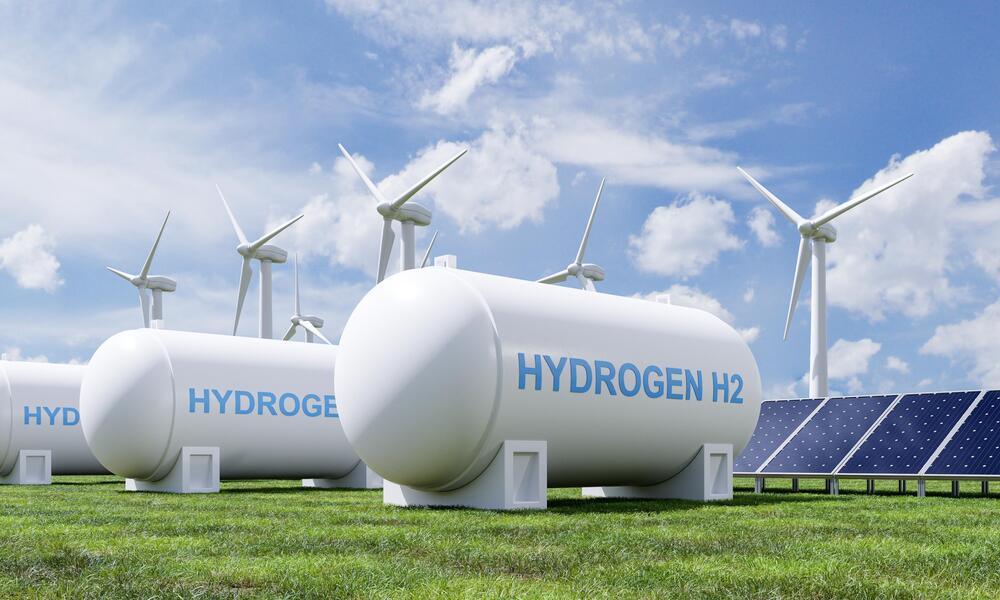why hydrogen is not used as a fuel even through it has calorific value?

This is the introduction to the article...
Hydrogen does have a high calorific value, meaning it can release a significant amount of energy when burned or used in fuel cells. However, there are several challenges and limitations associated with using hydrogen as a fuel, which have historically limited its widespread adoption Most hydrogen used today is produced from natural gas through a process called steam methane reforming (SMR) or from electrolysis of water. Both methods require energy inputs, and the production of hydrogen can be energy-intensive and may generate greenhouse gas emissions (in the case of SMR). Producing hydrogen sustainably and efficiently remains a challenge.
Here is some more content in the article...
Storage and Transportation: Hydrogen has a low energy density by volume, which means it requires large storage tanks or high-pressure containment systems. Additionally, hydrogen is prone to leakage, which can be a safety concern. Storing and transporting hydrogen safely and efficiently is a significant technical challenge. Infrastructure: The existing infrastructure for distributing and delivering hydrogen is limited compared to that for fossil fuels like gasoline and natural gas. Developing a comprehensive hydrogen infrastructure, including refueling stations, pipelines, and storage facilities, is a costly and time-consuming endeavor. Energy Conversion Efficiency: The energy conversion efficiency of hydrogen can be lower than other fuels when considering the entire supply chain, from production to end-use. For example, the energy losses in hydrogen production and distribution can reduce overall efficiency compared to more direct forms of energy. Safety Concerns: Hydrogen is highly flammable and can form explosive mixtures with air in certain concentrations. Special safety measures are required for its handling and storage, which can increase costs and complexity. Cost: Hydrogen fuel cells and related technologies have historically been more expensive than alternatives like internal combustion engines and battery-electric vehicles. Reducing the cost of hydrogen production and fuel cell technology is essential for its widespread adoption. Despite these challenges, there is growing interest in hydrogen as a clean energy carrier, particularly in applications where its unique properties can be advantageous, such as in fuel cells for certain types of transportation (e.g., buses, trucks) and in industrial processes. Researchers and industries are actively working on addressing these challenges and advancing hydrogen technology, with the aim of making it a more viable and sustainable energy source in the future.
Comments
Post a Comment